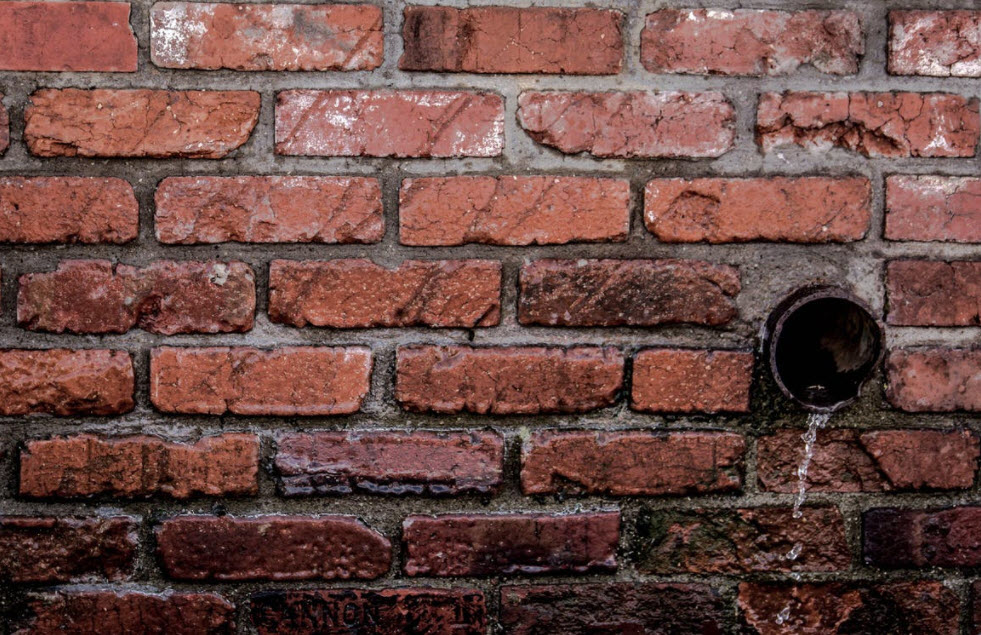
Do you own or operate a facility in New York that discharges stormwater? If so, be aware that as of October 1, 2017, the New York State Department of Environmental Conservation (DEC) issued a new Multi-Sector General Permit (MSGP) scheme for Stormwater Discharges Associated with Industrial Activity (GP-0-17-004). This new MSGP will be in effect for the next 5 years. Requirements under the permit regulations include monitoring, recording, reporting, and compliance responsibilities for stormwater discharges from covered facilities.
First, some background information on the MSGP regulatory framework: the federal Clean Water Act established the National Pollutant Discharge Elimination System (NPDES) permitting program, which authorizes individual states to create their own permitting program, as New York has opted to do. The State Pollutant Discharge Elimination System (SPDES) permits are issued in accordance with the New York’s Environmental Conservation Law. The MSGP for Stormwater Discharges Associated with Industrial Activity is intended to cover “industrial” facilities that discharge stormwater to surface waters from a point source or outlet. A “point source” is considered “any single identifiable source of pollution which pollutants are discharged,” such as factories or sewage treatment plants that generate liquid waste. If your industrial facility discharges stormwater and does not have a SPDES permit, it means you could be operating in violation of the Clean Water Act.
If you already have an MSGP, there are a few changes in the new permitting program that you should be aware of:
· Discharge monitoring reports (DMRs) must be submitted electronically.
· Notice of Intent (NOI) can be submitted electronically.
· The 30-day waiting period to gain coverage under permit when there is a change in ownership of the facility has been removed.
· Dry weather flow monitoring will not be required as part of a Comprehensive Site Compliance Inspection.
To ensure compliance with the new MSGP, first check to see if your business’s activities are classified as “industrial activity” under the regulations. Activities that are considered “industrial” include mineral industry, hazardous waste treatment, storage, or disposal facilities, landfills, land application sites, open dumps that receive industrial wastes, metal scrapyards, among many others listed under the regulations.
If your operations are on the list and you discharge stormwater, you must obtain permit coverage through either an individual SPDES permit, coverage under GP-0-17- 004, or provide certification using the No Exposure Exclusion that industrial activities are not exposed to stormwater.
Before submitting an NOI to the DEC and obtaining the MSGP, you will need to do the following:
1. Satisfy any project review pursuant to the State Environmental Quality Review Act (“SEQRA”), when SEQRA is applicable. See the DEC’s website for more information;
2. Obtain all necessary DEC permits subject to the Uniform Procedures Act unless otherwise notified by the Department under its rule for general applications;
3. Develop and implement a Stormwater Pollution Prevention Plan (SWPPP) to identify best management practices that can be used at the facility or update the existing SWPPP prior to submitting the NOI; and
4. Submit a complete NOI to DEC (addressing any comments from Department technical staff). The NOI certifies that your facility is eligible for coverage and provides information on your business’s industrial activities and related.
Before you go through the process of applying for a permit ensure you have retained an environmental consultant with experience navigating New York’s SPDES program and competent environmental counsel to assist along the way. Don’t skip steps, and your business should have no problem complying with the new permitting standard.

